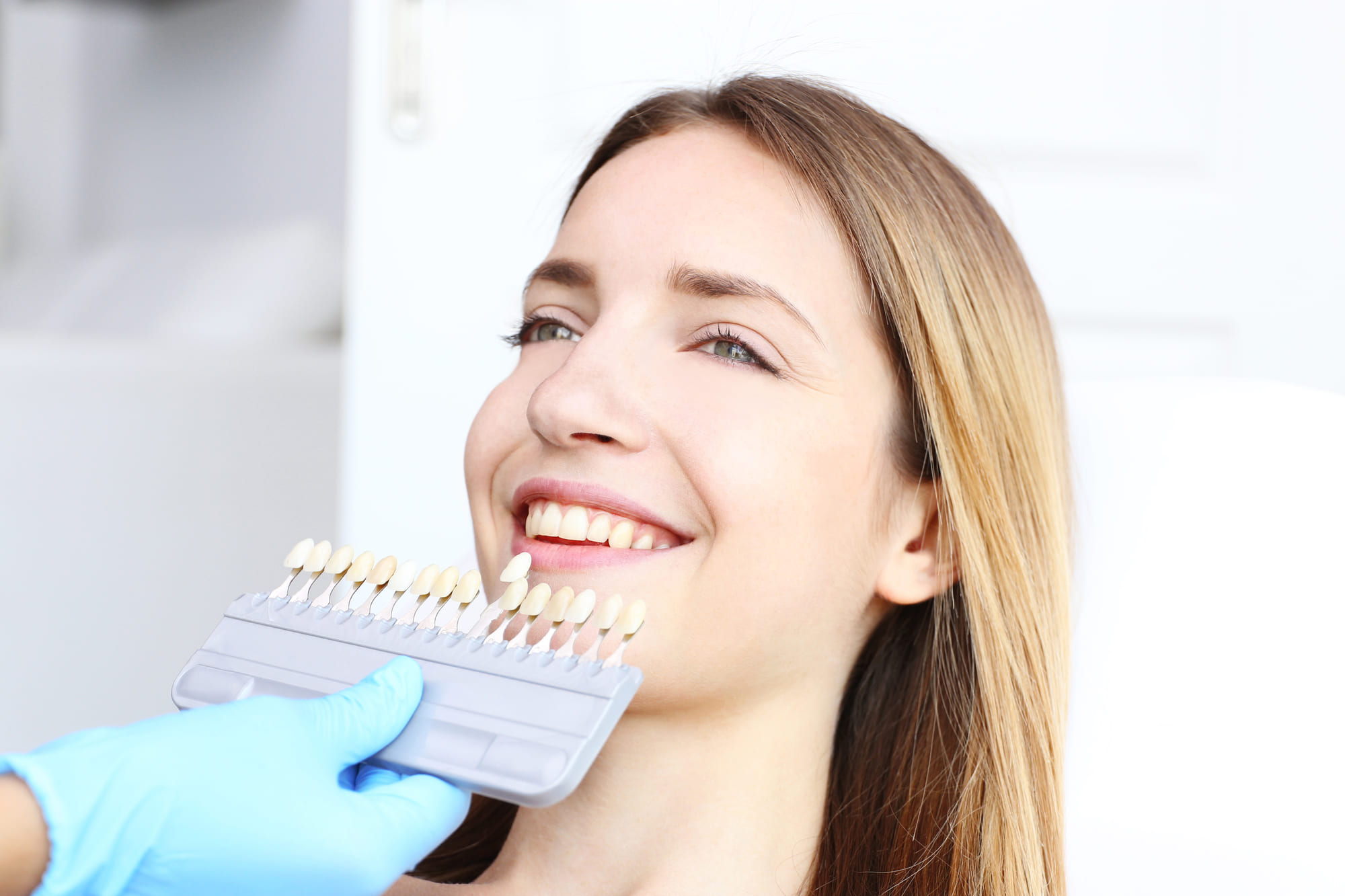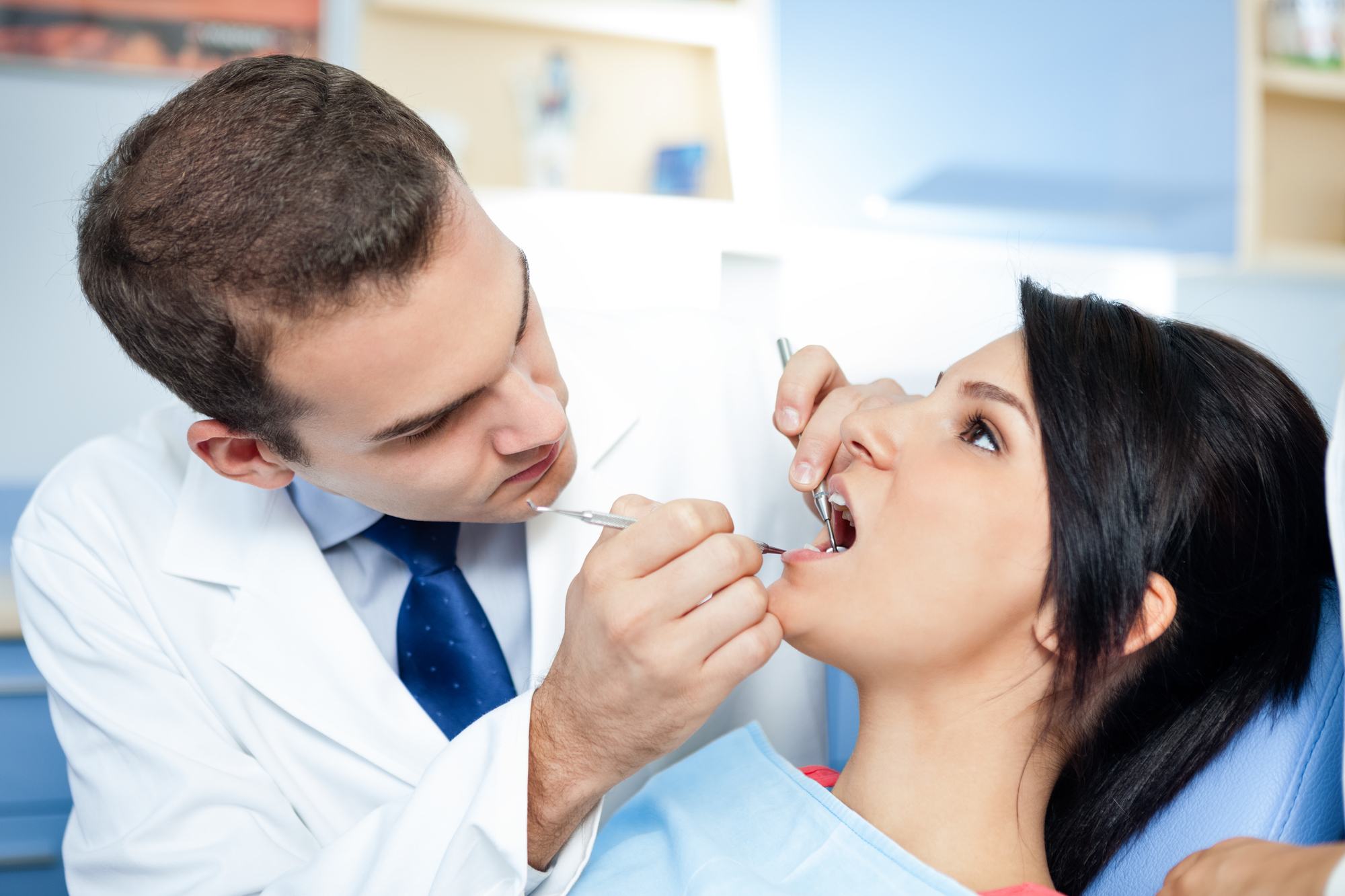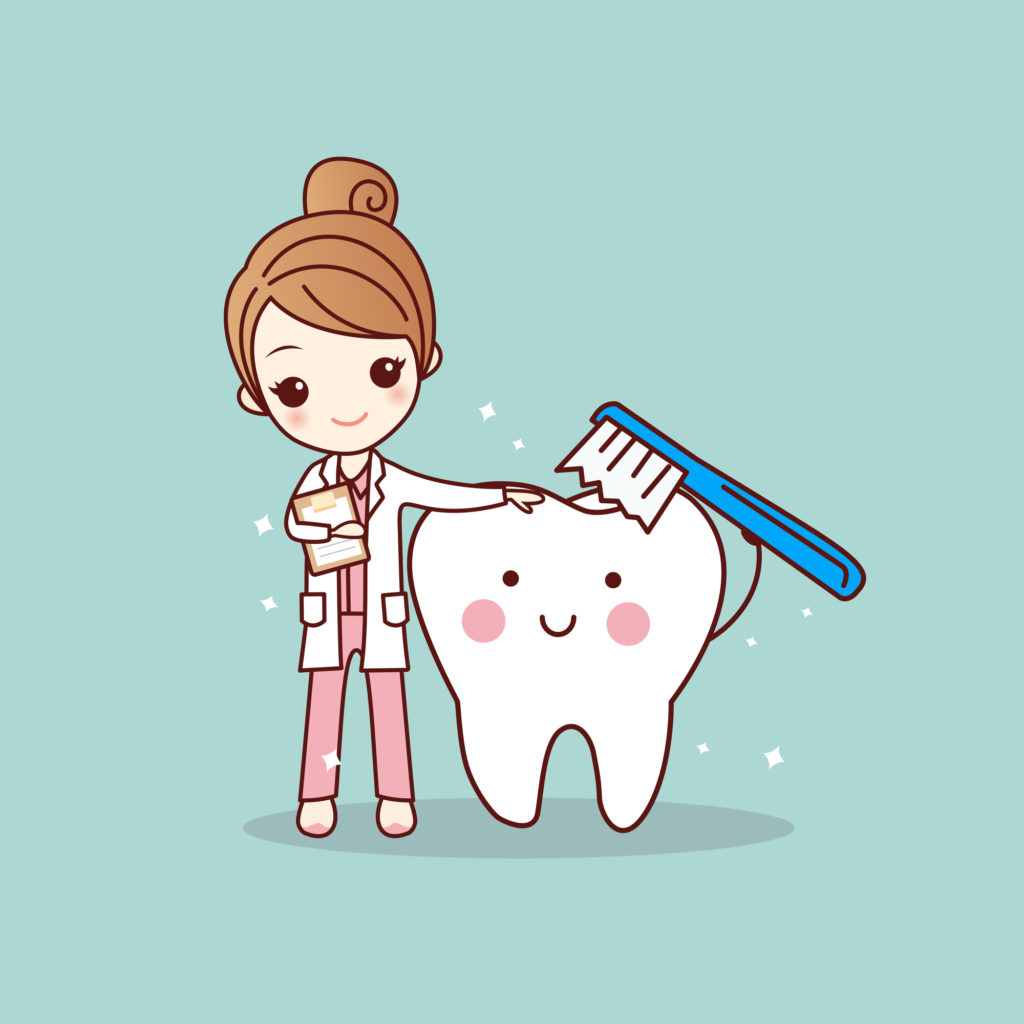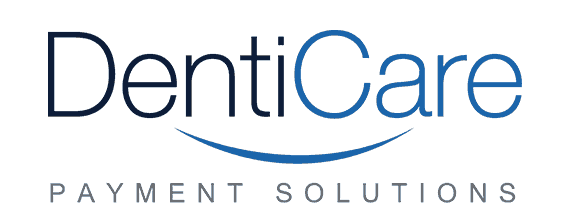There are multiple benefits to making a good impression. People who meet you notice your smile right away. The most effective method of introducing oneself is to smile. Always put your best foot forward, and don’t be afraid to let other people see the best in you.
If you feel self-conscious about your smile, cosmetic dentistry may be an option to explore. Smile makeovers are the speciality of cosmetic Dentist Central Coast. In general, they make your teeth healthier and more functioning. The following are some of the most telling indicators that you should seek out cosmetic dentistry.
Discolored Teeth
Your teeth can change colour. If they aren’t perfectly white, they could appear boring. Changing the colour of your teeth is possible, as is their darkening or the formation of spots in certain areas. Discoloration of the teeth is a cosmetic issue. Your teeth can change colour for a variety of causes, some of which are listed below:
- Extrinsic stains occur when an outside factor comes into contact with your teeth.
- Consumption of red wine or coffee is one example.
- Intrinsic — Originating within the body or at the dental pulp.
- Discolouration of the teeth is a common side effect of ageing.
Expert tooth whitening services are available from your dentists. If done by a certified Dentist Gosford, the results will be impressive. Additionally, customised therapies have effects that last.
Teeth those are chipped or cracked
Chipped or cracked teeth can be aesthetically unpleasing. Gum disease and cavities, among other dental issues, are more likely to affect you. After looking at your teeth, your Dentist Central Coast can tell you what’s wrong and how to fix it.
Most of the time, dentists suggest getting crowns placed over the damaged teeth. The material that is used to make crowns is ceramic or porcelain. To further improve your smile, your dentist may suggest getting porcelain veneers built to order. Composite material, which is used in bonding, can also enhance your smile.
If you have a professionalcosmetic dentist central coast fix your chipped or cracked tooth, it won’t take long. For a stunning smile, see a cosmetic dentist. They have the education and expertise to make it happen.
Tooth Loss
Disfiguring spaces form as teeth fall out. You might feel a shifting of your teeth. This causes the remaining teeth to become crooked and opens up new spaces in the mouth. Dental implants are a viable option that your dentist can suggest.
After a dental implant replaces a tooth’s root and crown, it can look and feel like a real tooth. A cosmetic dentist central coastmay suggest a bridge as a solution. As a cosmetic dental procedure, a bridge can bridge the space between your teeth. Which operation you have depends on your preferences, your budget, and other personal factors.
Discomforts with the Stomach and Chronic Headaches
Headaches and jaw pains are symptoms of misaligned teeth. When you have an irregular bite, your muscles struggle to pull your teeth together. This occurs because of TMJ pain. Inflammation of the ear canal or jaw discomfort are symptoms that may accompany this pain. If you feel any discomfort, you must notify your cosmetic dentist.
Improper chewing might also lead to digestive problems. Make an appointment with your cosmetic Dentist Gosford to correct your bite if you experience chronic issues such as acid reflux, heartburn, or ulcers.
Embarrassed About Your Smile
Your sense of self-worth can take a hit if you’re self-conscious about your grin. Taking pictures or engaging in close-quarters chats with people is out of the question. A smile has the power to seal the deal. You might be trying to hide your ugly smile from the world. A trip to the cosmetic dentist for teeth whitening central coast is in order when your smile makes you self-conscious in social situations.
Conclusion
Your self-esteem could be hit if your teeth are discoloured, crooked, rotting, broken, or missing. Even though you might think you require a lot of dental work to fix things, you might be pleasantly surprised. A cosmetic dentist can typically suggest a few cosmetic adjustments to address your concerns and achieve the dream of a million-dollar smile. Our skilled technicians will use In-Chair bleaching products designed for dental use to give you a beautiful new smile. Enlarging the whiteness of your teeth by three to ten shades.









